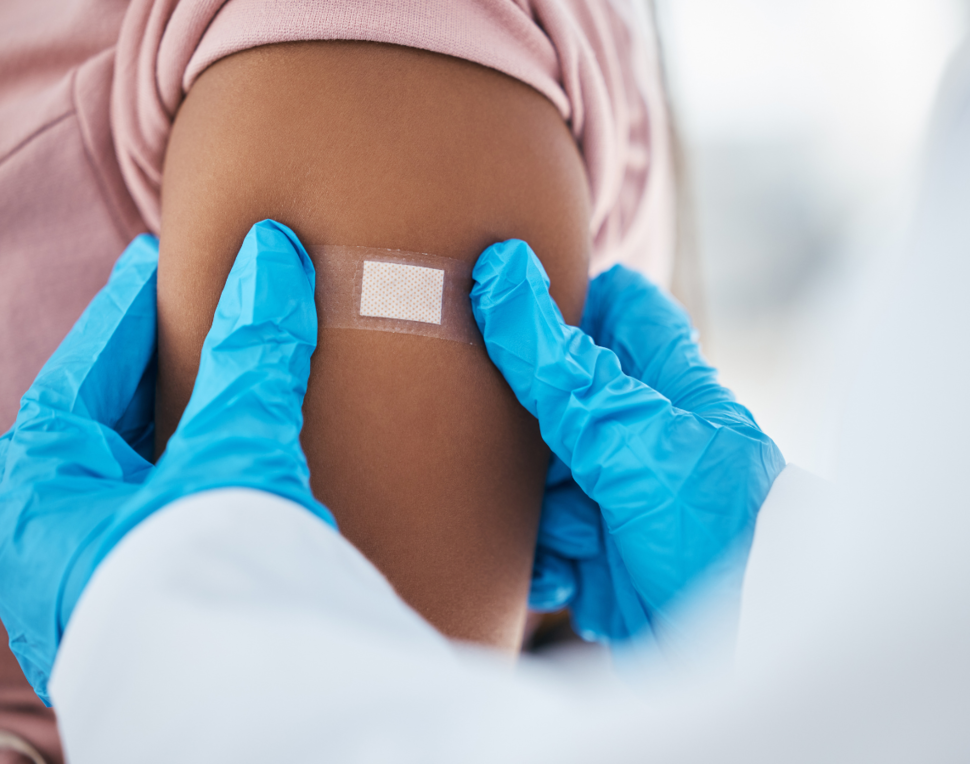Differences in Knowledge of HPV and the HPV Vaccine by Education, Race, and Ethnicity
, by Jennifer Loukissas, M.P.P.
Persistent infection with carcinogenic types of the human papillomavirus (HPV) is the cause of nearly all cervical cancer, as well as cancers at five other sites in the body. A safe and effective HPV vaccine was introduced in 2006. While approximately 76% of U.S. children have received at least one dose of the HPV vaccine in 2022, this still falls short of national targets. To understand how to improve communication around HPV vaccination, especially among underrepresented populations, investigators in the Infections and Immunoepidemiology Branch (IIB) evaluated awareness of HPV itself and the HPV vaccine, as well as knowledge that HPV can cause cancers. Using data from a nationally representative sample of U.S. adults, they found discrepancies in HPV awareness and knowledge that differed by educational attainment, race, and ethnicity. The findings were published on November 14, 2023, in JAMA Network Open.
Erica S. Stephens, B.A., postbaccalaureate fellow and iCURE scholar, and Jaimie Z. Shing, Ph.D., M.P.H., postdoctoral fellow, both in IIB, used data from the Health Information National Trends Survey to estimate the prevalence of HPV awareness, HPV vaccine awareness, and knowledge that HPV causes cancers, stratified by educational attainment, race and ethnicity, and the intersectionality of these factors, during 2017-2020. Additionally, they examined temporal trends to determine whether HPV awareness and knowledge have improved over time.
Overall, they found that individuals with lower educational attainment were significantly less aware of HPV and the HPV vaccine, compared with those with higher education attainment. Only 40% of adults with less than high school education were aware of HPV, compared to 78% of adults with a college degree or higher. Within each educational attainment level, awareness also differed by race and ethnicity, with the lowest awareness consistently among non-Hispanic Asian individuals regardless of education. Within each racial and ethnic group, HPV awareness and HPV vaccine awareness significantly decreased with decreasing educational attainment. While a large proportion of adults who were aware of HPV knew that it could cause cervical cancer, less than one-third knew that HPV could also cause penile, anal, and oropharyngeal cancers. Knowledge about HPV causing cancer at non-cervical sites was much lower among people with lower educational attainment and over time has not improved for any level of educational attainment or racial and ethnic group.
These results highlight the compounding effects of educational attainment, race, and ethnicity as they relate to knowledge regarding the health benefits of vaccination against HPV. The authors cite the need to reduce knowledge disparities while ensuring equitable access to educational and awareness campaigns about HPV and the HPV vaccine.
Reference
Stephens E et al. Human papillomavirus awareness by educational level and by race and ethnicity. JAMA Netw Open. 2023.
